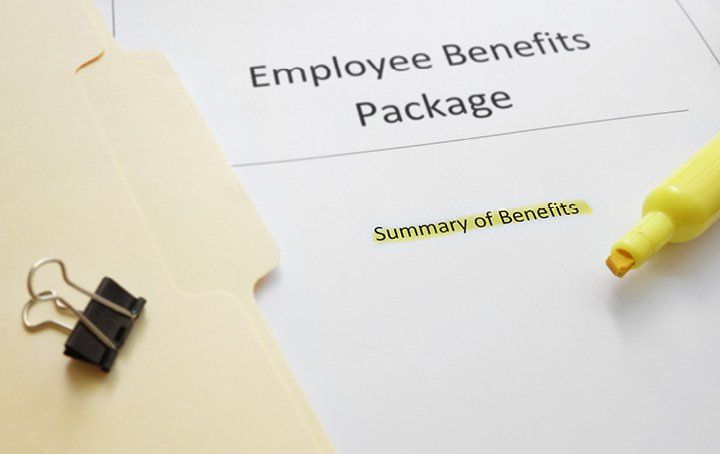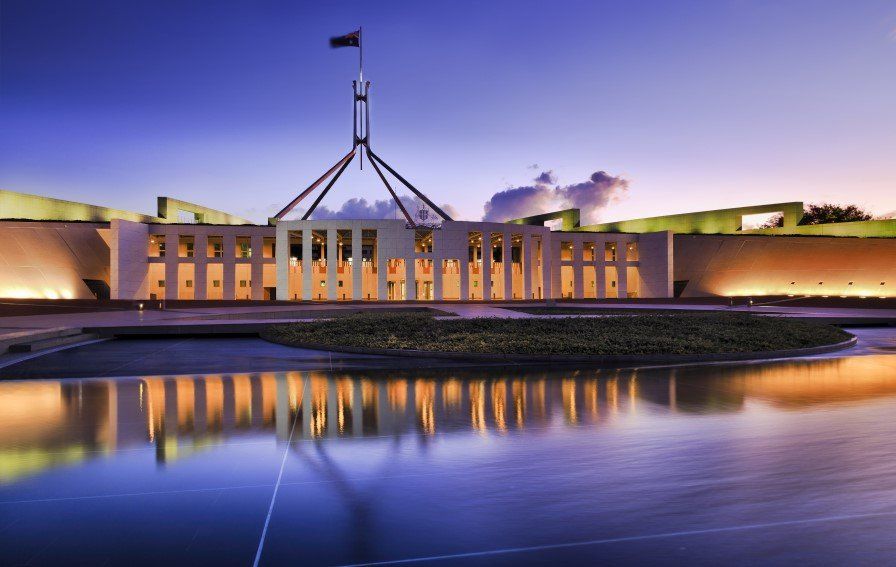
Insurance and dispute resolution might not be high on your list of things to consider when starting up an SMSF, but these issues do affect SMSFs differently to public offer funds. What will you do if a dispute arises between SMSF members, and what does taking out insurance in an SMSF practically involve? Avoid any rude shocks by ensuring you've planned for these issues before you jump in.
Before setting up an SMSF, it's essential to be fully informed about the pros and cons of an SMSF structure. In this second instalment of our two-part series on the key differences between SMSFs and public offer funds, we look at some important issues relating to insurance and dispute resolution.
Insurance
It's possible to hold various types of insurance through your superannuation fund, including death, total and permanent disablement (TPD) and temporary incapacity.
For many Australians, using superannuation benefits to pay insurance premiums makes insurance more accessible and convenient.
While you can purchase insurance within an SMSF, large funds can generally offer cheaper premiums because of the group discounts these funds can access. Another possible advantage of large funds is that members are automatically accepted for a certain level of coverage without needing a medical exam or detailed personal information, which is more likely to be required for an SMSF-held policy. For these reasons, some SMSF members choose to keep a separate account in a public offer fund just to access the insurance.
If you're an SMSF trustee, you're in charge, so there are a couple of things to keep in mind in relation to insurance:
- As part of your SMSF's investment strategy, you're required to consider (and regularly review) whether the fund should hold insurance cover for its members.
- Not every type of insurance can be held in superannuation. For example, trauma policies aren't allowed, and there are restrictions on some types of TPD policies. Seek professional advice before choosing your policies.
- You should also seek advice about the tax consequences of holding insurance in the fund, including deductibility of premiums and how life insurance proceeds might affect the taxation of your death benefits.
If you're a member of a public offer fund, it's important to check what insurance you're signed up to and assess whether you're getting value for money. Many members are signed up for insurance on a default (opt-out) basis, and may be unaware they're paying for duplicate policies across multiple accounts or unnecessary coverage as part of a bundled arrangement.
Dispute resolution
What happens when you're not happy with the trustee of your fund? Perhaps your claim for benefits has been mishandled, or the trustee has made an error? Members of public offer funds can complain to the Australian Financial Complaints Authority (AFCA), a free dispute resolution service that has the power to make binding decisions in order to resolve your matter.
However, dispute resolution is an entirely different matter for SMSFs. SMSF trustees may complain to AFCA about financial services problems they encounter with third parties (eg an insurance company or bank), but AFCA cannot hear a complaint about the decision or conduct of an SMSF trustee. This means that SMSF members cannot complain to AFCA about decisions that the other trustees have made (and similarly, potential beneficiaries of a deceased member's death benefits cannot complain to AFCA about how the trustees have paid out the benefits).
In these cases, the parties would need to go through the legal system to resolve the matter. This could mean alternative dispute resolution, or even court, but it must be privately funded. The SMSF's governing rules may outline dispute resolution procedures that bind the trustees, so it's worth giving this some thought in advance to ensure the trustees are as prepared as possible for any disagreement.
Weighing up your super options?
Contact our office to start exploring whether an SMSF can help you achieve your retirement goals.















